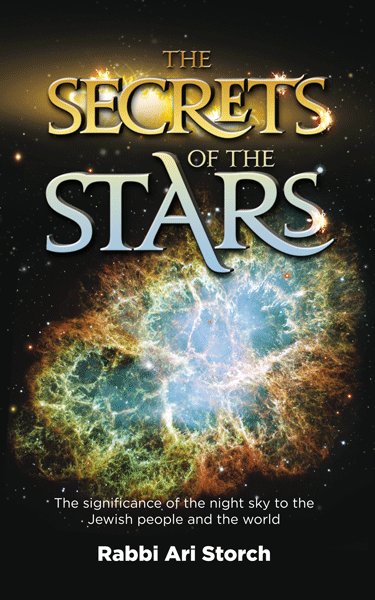The Gemara teaches that the men of high stature that joined Korach's cult were so honorable that they even knew how to regulate the calendar. (Sanhedrin 110a) Our calendar follows a set of intricate rules that mesh the solar year with the lunar months. The outcome is a set of months based on the renewal of the moon that allows for the various holidays to occur in the appropriate seasons. While this is certainly considered to be one of the more difficult parts of halacha, one can ask why this was considered to be one of the defining features of these men.
Additionally, the Gemara mentions that when the standoff happened, the sun and moon ascended to the upper heavens and refused to take their regular places. Their displacement would have caused the world to be without sunrise or moonrise and would have had caused significant damage to life on this planet. It was only after Hashem shot arrows at them that caused them to return to their respective places. (Ibid.; although see Nedarim 39b for a slightly different version)
I would like to offer an approach, based on drush, to express what is possibly being stated. Korach is famous for his arguments that the people should lead themselves and that they have no need for Moshe and his rulership. (see Rashi Bamidbar 16:1) Korach argued that every individual had sufficient holiness and connection to Hashem and they, therefore, did not need Moshe to direct them. Rabbeinu Bachye discusses how Moshe went from Shevet to Shevet and told each one of them what they wanted to hear and why they shouldn't be subjugated under Moshe. Essentially, he was a man of the people and, although divisive in his battle against Moshe, he was a man who unites people. He was asking for a united government with equalty for all. He was arguing that Moshe was not a uniter, rather, he was surpressing the individual talents in order to keep order. Thus, Moshe was not, in his opinion, united the forces and qualities of all of Klal Yisrael. Korach felt that it was he that knew how to mesh all the elements together appropriately.
This is perhaps why he would choose men who knew how to mesh the opposing forces of the calendar. These were people who knew how to take the lunar months, which are not connected to the solar year, and mesh them with the solar year in a way that both qualities are expressed. Of course, Moshe was correct and he was appointed by Hashem. He was the one who knew how to make the sun and moon stop. There were battles when he caused the sun to stand still. Meaning, he knew that sometimes it is necessary not to mesh all the forces together. Sometimes things have no place. (See Maharsha Nedarim 39b)
Therefore, on the day of the standoff the sun and moon refused to come out. They recognized that it was not the time for the two to work in tandem, they knew that their forces must cease. If they were to be controlled by the Korach cult then they realized that they were not to be expressing Hashem's true glory.
Interestingly enough, the Gemara tells that Gehinom positions the cult of Korach in a specific place once every thirty days. At that time they can be heard screaming, "Moshe and his Torah are true and we are liars!" (Bava Basra 74a) The Rashbam points out that this happens on Rosh Chodesh. (Rashi's commentary cannot be found on this section of this tracate, the Rashbam's takes it place) How apropos that every Rosh Chodesh, the day the lunar months begin, that they are forced to scream that they are not to be the ones to regulate the calendar. (As an aside, the Gemara says, "Moshe V'Soroso Emes which makes one wonder why most people, song included, say, "Moshe Emes V'Soroso Emes.)
Subscribe to:
Post Comments (Atom)


No comments:
Post a Comment